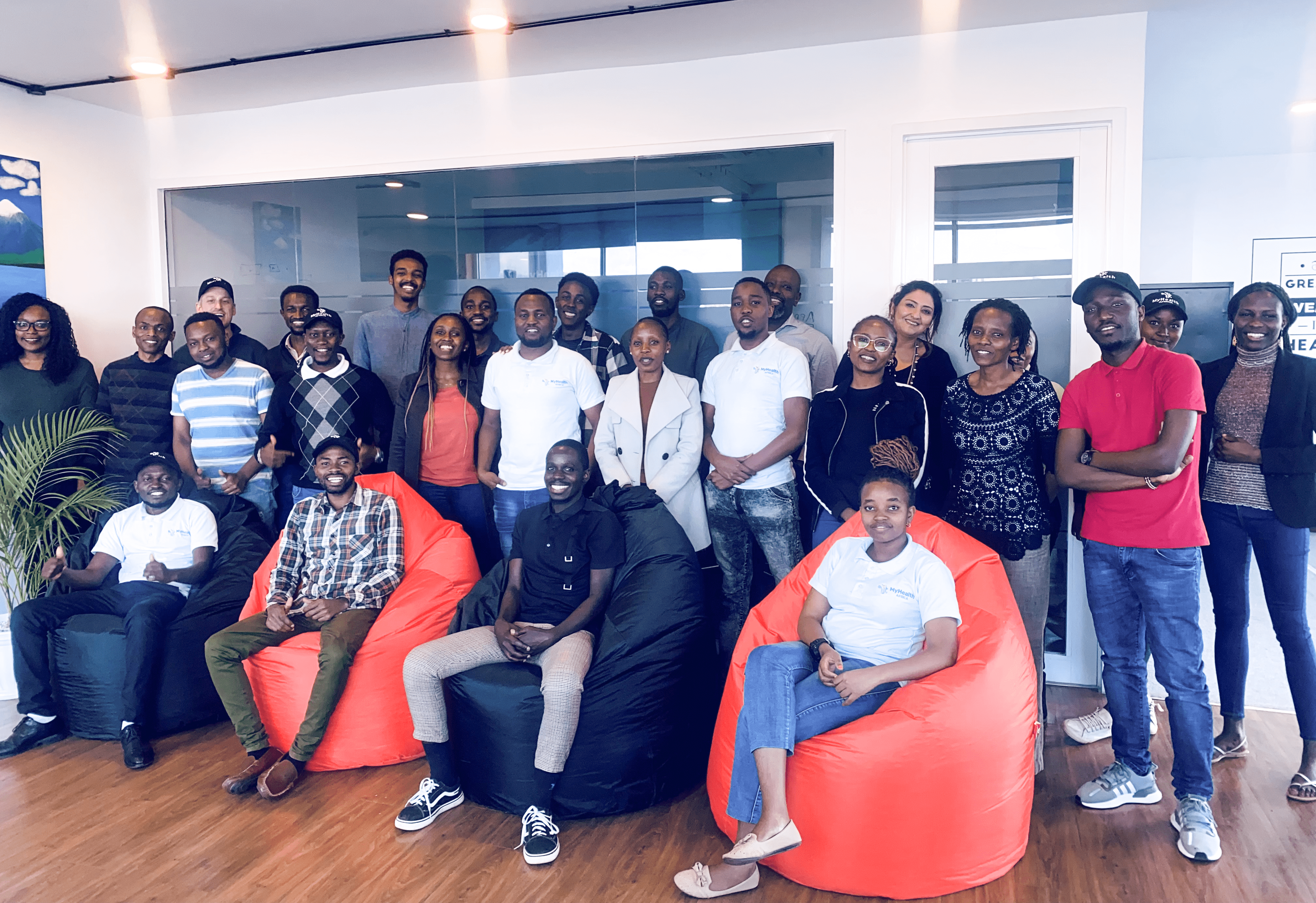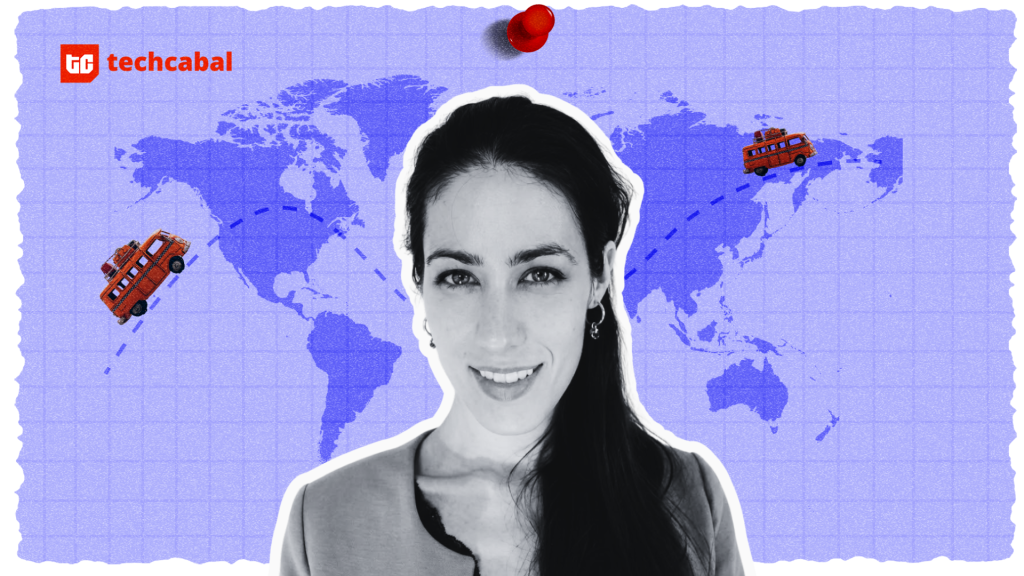Healthcare in Africa still has a long way to go before it can adequately cater to the demands of the continent. There are several reasons for the current state of the healthcare sector, but underinvestment and a lack of available doctors have been some of the biggest contributors to this problem.
About $25-$30 billion will be needed to help solve the healthcare deficit on the continent, according to the IFC. Years of neglect by governments have led to most Africans having to pay through their noses to access healthcare. In many countries, the cost of healthcare is heavily reliant on external aid and private spending.
The continent also has one of the lowest ratios of health workers (inclusive of physicians, surgeons, nurses, and midwives) to people in the world. According to the WHO, Africa’s ratio is 155:100,000, which is below the recommended ratio of 445:100,000.
The cost and scarcity of essential healthcare services have led many Africans to seek out alternative solutions. It is not unusual for Africans to treat themselves at home with traditional medicine or self-recommended drugs—with varying degrees of success.
MyHealth Africa is working to provide a solution. MyHealth Africa is a Kenyan healthtech startup that connects patients with local and international health specialists and hospitals. The platform offers a specialised healthcare booking platform, a medical management system, and a patient concierge service.
The startup has now raised a $1million seed round to expand across Africa and enter Asia via the Middle East and South Asia next year. The round was led by the GIIG Africa Fund, with participation from Samurai VC, a family office, and existing shareholders. The funding comes as the Global Startup Awards (GSA) Africa, the exclusive vehicle for the GIIG Africa Fund to find, fund, and scale startups in Africa with SDG-aligned solutions, named MyHealth Africa as the Top HealthTech Startup in Africa in June 2022.
The startup was founded in 2017 by Ryan Marincowitz, who told TechCabal via email that although the startup is based in Kenya, it has already assisted patients from several countries worldwide. He went on to add that the Middle East and South Asia are MyHealth Africa’s most significant markets outside Africa.
“We assist hundreds of patients each month from these markets to access specialised healthcare services at our network of leading hospitals in the Middle East, Europe, South Asia, and Asia. We see these two markets as significant growth areas for us in the near term, in addition to continuing our expansion across Africa,” Marincowitz said.
According to Marincowitz, over 27,000 patients have used the startup’s platform to access specialised healthcare services, and MyHealth Africa receives a coordination or facilitation fee for each patient assisted. He added, “The cost for the patient is either the same as if they were to visit the medical facility directly, or in some cases, it is cheaper if the patient goes through us as we can negotiate a discount.”
After the effects of COVID-19, there has been a steady increase in the number of healthtech startups that are innovating around Africa’s peculiar problems. African health startups raised $392 million in funding in 2021, an increase of 81% from the previous record-breaking year of 2020. The World Economic Forum estimates that by 2030, Africa’s healthcare sector will be worth $259 billion.
In a statement shared with TechCabal, Philip Baldwin, the co-founder of GIIG Africa, said, “Across the continent, we have seen over the past few years how technology and innovation are having a real impact on the health and wellness of Africans.” He added that MyHealth Africa’s solution impressed the fund, and they decided to help bring the platform to the world.















